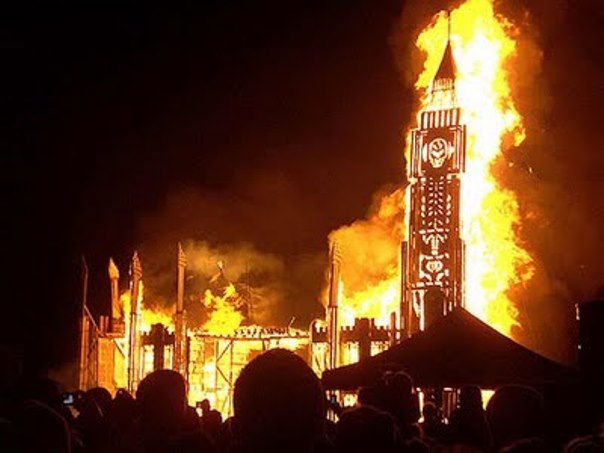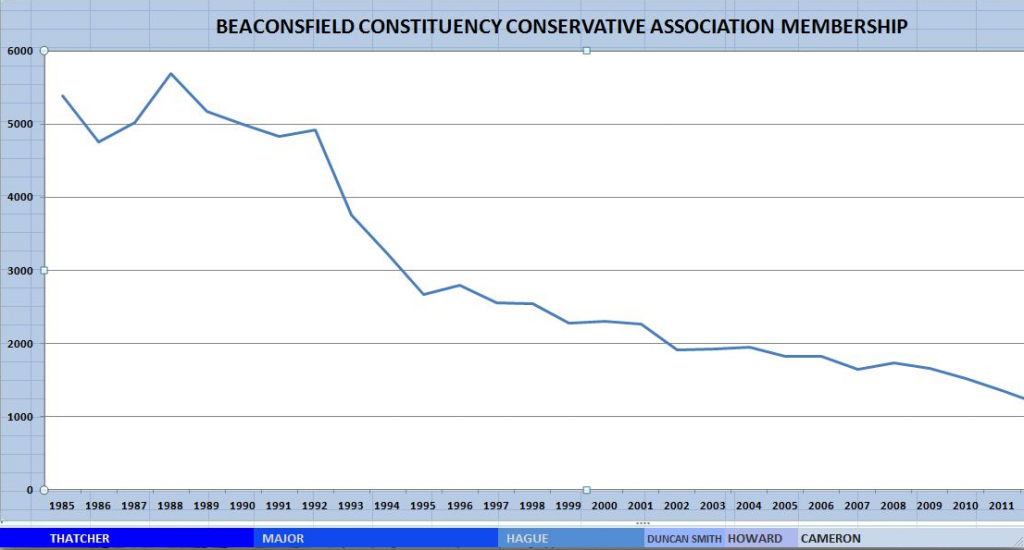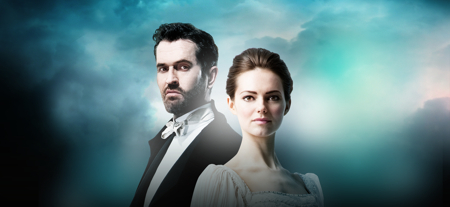Published by Daily Mail
 I don’t know David Cameron very well: I’ve met him on four or five occasions, the most interesting of which was sitting next to him at a dinner a few years ago, during which we discussed some serious issues relating to education and a few more weighty matters of political philosophy. On education, he appeared to agree with everything I said. On philosophy, he appeared to agree with everything I said. His mission seemed to be to nod and smile benignly; to appear pleasant, intuitive and empathetic.
I don’t know David Cameron very well: I’ve met him on four or five occasions, the most interesting of which was sitting next to him at a dinner a few years ago, during which we discussed some serious issues relating to education and a few more weighty matters of political philosophy. On education, he appeared to agree with everything I said. On philosophy, he appeared to agree with everything I said. His mission seemed to be to nod and smile benignly; to appear pleasant, intuitive and empathetic.
I know Dominic Grieve rather better, having met him dozens of times since he entered Parliament (he’s my MP) and having been his association deputy chairman in Beaconsfield. He is also pleasant and articulate, though more cerebral than intuitive, and more intellectually incisive than reassuringly empathetic. Continue reading


